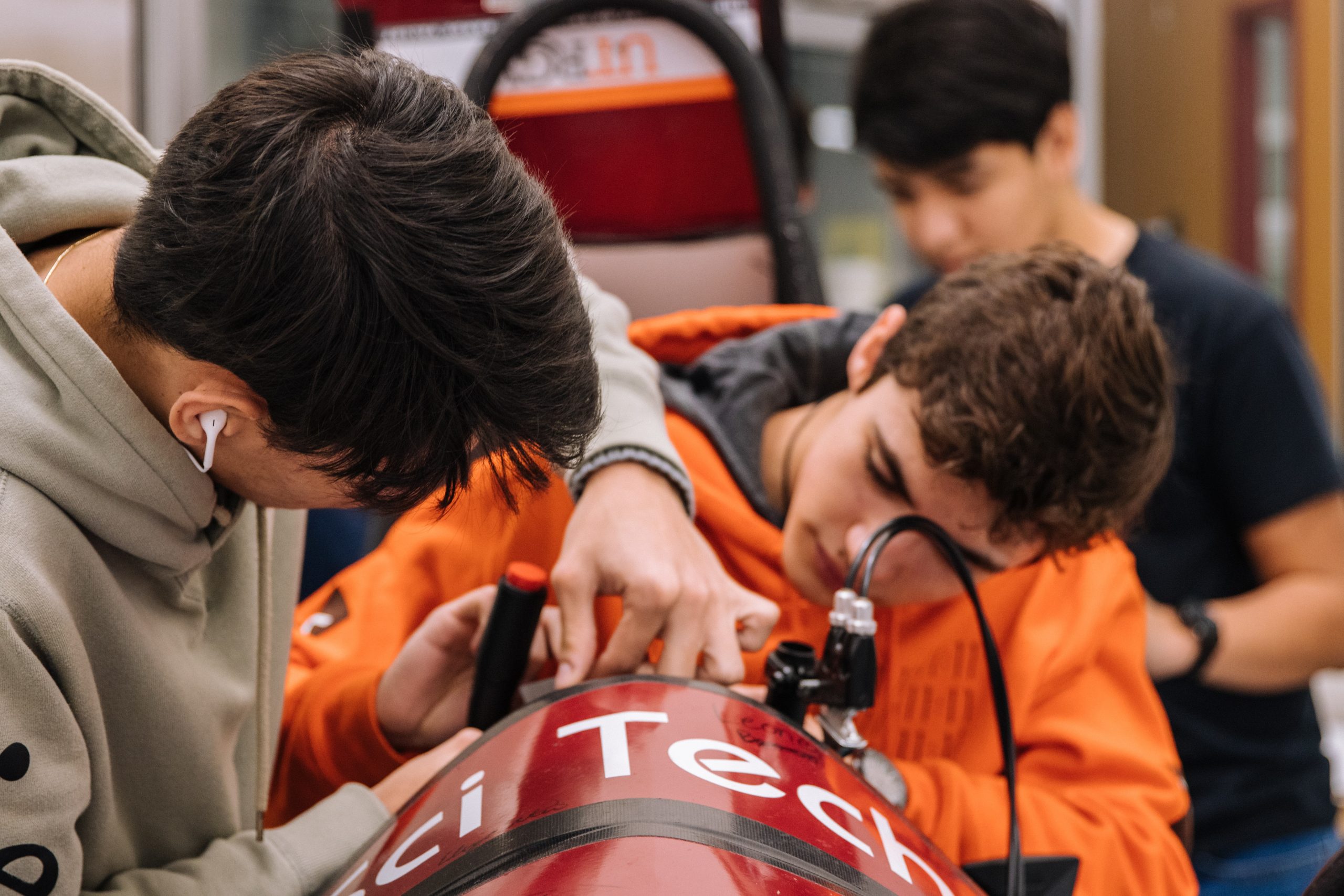
Ensuring the Next Generation of STEM Talent through K–12 Research Programming
Summary
Labor shortages persist in the United States in a variety of STEM (science, technology, engineering, and mathematics) fields. To address these shortages, the next administration should establish a national, federally funded initiative involving the public and private sectors to develop a more robust and diverse pipeline of STEM talent. The Next Generation of STEM Talent Through K–12 Research Programming Initiative will remove significant barriers to participation in STEM careers through enhanced K–12 STEM programs such as science fairs and robotics competitions, as well as through strengthened federal support for teacher training to actively engage K–12 students in STEM research.
Without a robust education system that prepares our youth for future careers in key sectors, our national security and competitiveness are at risk.
The education R&D ecosystem must be a learning-oriented network committed to the principles of innovation that the system itself strives to promote across best practices in education and learning.
Across the country in small towns and large cities, rural communities and the suburbs, millions of young people are missing school at astounding rates.
CHIPS is poised to ramp up demand for STEM graduates, but the nation’s education system is unprepared to produce them.